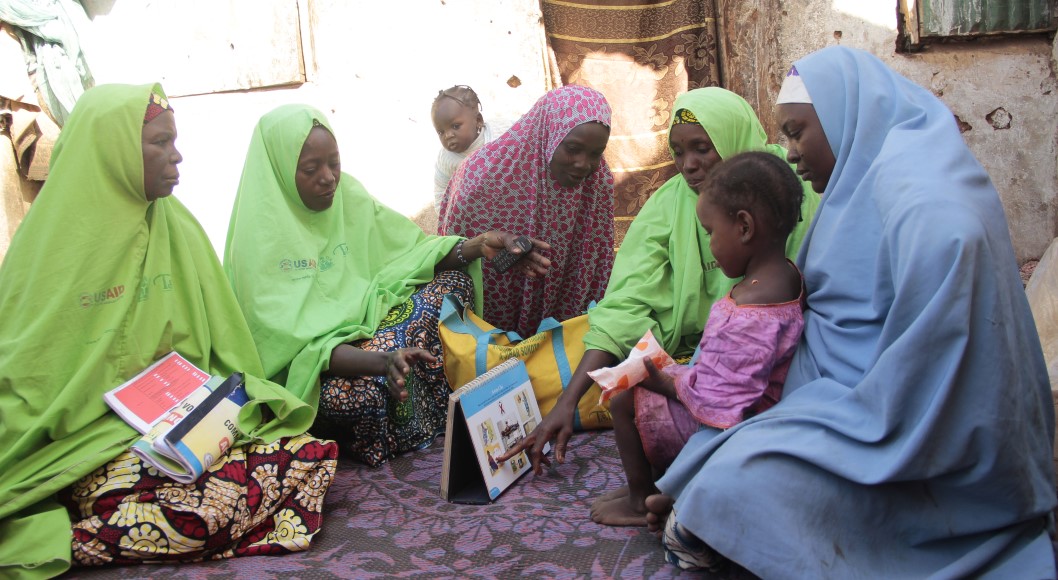Access to essential medicines is critical to reaching universal health coverage and is recognized as a key building block of a strong health system. Over the years, the Nigerian procurement supply management (PSM) systems for distribution of public health commodities evolved into multiple, overlapping supply chain systems due to lack of strong central ownership/coordination. The result was inefficiencies, such as high commodity stock-out rates, costliness, wastages through expiration, etc. In response, the Nigeria Federal Government established the National Product Supply Chain Management Program (NPSCMP) in 2012 to coordinate supply chain activities for all public health commodities. In 2016, the Global Fund, in collaboration with UNFPA and other partners, supported the Government of Nigeria through NPSCMP, to establish the National Supply Chain Integration Project (NSCIP). The goal of the NSCIP was to strengthen last mile distribution in the public health sector through the integration of the key stand-alone supply chain systems beginning with a pilot in 14 states.
JSI has been supporting the Government of Nigeria at both Federal and state levels in various aspects of supply chain system management in collaboration with other development partners. Our efforts closely complement UNFPA's work of contributing to contraceptives procurement basket fund; operations as government of Nigeria procurement agent, as well as support for other activities and last mile distribution to most states to ensure contraceptives availability at service delivery points nationwide.
In 2018, JSI rolled out the Information Mobilized for Performance Analysis and Continuous Transformation (IMPACT) Team Network model in 5 states. This model involves the setup of teams comprising of the LMCU and FP stakeholders at the LGA and state level. The team members are trained to develop, interpret, and set targets for key supply chain indicators using existing logistics data which have been analyzed and visualized for easy interpretation. The IMPACT Team model has been successfully implemented in 10 countries across programs and health system levels.
The focus of this family planning/ reproductive health commodity security (FP/RHCS) intervention was to build on previous successes and expand the IMPACT Team model to 9 states (Abia, Adamawa, Benue, Gombe, Imo, Lagos, Ogun, Ondo and Yobe).
JSI developed a supportive supervision mechanism that provided opportunities to reinforce the concepts and monitor implementation all the way down to the health facility level. Through this supervision mechanism, stakeholders are able to distribute products between levels and ensure health facilities receive the products they are requesting. Additionally, the project built and disseminated tools to provide stakeholders at national and state levels with analysis and visualization of national supply chain and family planning survey data to illustrate the importance of strengthening the supply chain and how it contributes to larger family planning outcomes.
The model has helped management and operational teams to use data to make operational and strategic decisions which will ultimately result in an improved supply chain performance. This is being done through an assessment of logistics data collections, reporting and visibility processes for states, and analysis support for historical logistics data. JSI also provided technical support to implement the 2019 UNFPA supplies survey.


